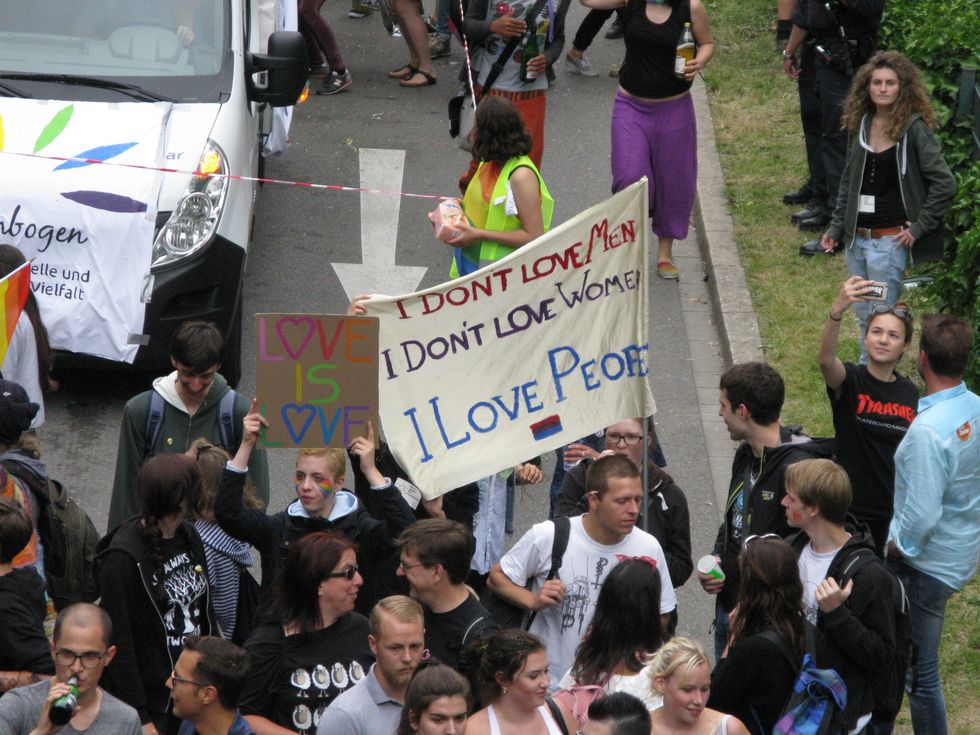College campuses are places for innovation, progression, and impact. They also host multiple controversies and tensions. Recently, students at Emory found themselves in the midst of much tension and debate over fake eviction notices posted on residents doors. The organization responsible, Emory Students for Justice for Palestine (ESJP), faced backlash over this campaign to bring awareness to the human rights violations against Palestinians. The fake evictions cited statistics from the Israeli Committee Against House Demolitions. The mock notices also stated that it was not a real eviction and only intended to raise awareness.
I understand the shock one might have to wake and find an eviction notice on the door. It is alarming, but what is even more alarming is that this technique was intended to tug at emotional heartstrings. The information was framed in a manner that sought to touch people's humanity. Reading gory statistics is emotionally taxing, but impactful. This demonstration ignited protest and the divisive nature became tangible. The ESJP's actions were intended to stimulate the dialogue of what is happening in Palestine, instead, the issue became focused on the exact nature of the protest. The questions asked were "Was it targeted?" and "Was this threatening?" These are valid concerns, but once addressed, it was neither targeted or intended to be taken as threats.
Once this misunderstanding is cleared up, I think it is necessary to open up a respectful dialogue between both sides involved. Seeing the mock eviction notices stirred up uncomfortable feelings, but not everything is meant to be comfortable. Ignoring problems does not solve them. Some students mentioned they were worried about their safety, but there was no identifiable threat, unless they felt threatened to face facts of what is happening to human beings in Palestine.
As an American, it is easy to take free speech for granted. It is common knowledge that the second amendment protects our right to free speech as well as a freedom of religion, press, and assembly. We often don't think twice about what we post on social media or say out loud. We can defend our opinions and feel that we can announce our beliefs. However, this right is easily construed to cite hateful, racist, or prejudiced remarks. Yes, you can say what you want, but once you do so, you must accept the consequences that come with your words. Plenty of people are willing to accept the rebuttals of those who are against their beliefs, but all too often, conversation is limited to one side. The uncomfortable conversations are given no place when discussion is necessary. We need to understand if it's not hate speech or causing harm, but something we don't agree with, we cannot prevent it from being spoken.
It's time to properly engage in constructive conversations and limiting speech will not lead to change.
- Why Talking About Topics That Make You Uncomfortable Is Important ›
- Where's The Fine Line Between Freedom Of Expression And Racism? ›

















